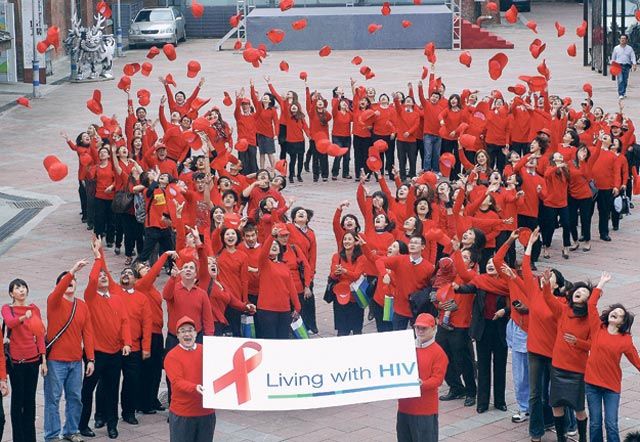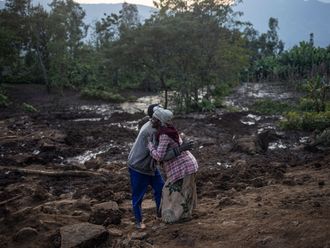London: One in five HIV sufferers in Africa was infected by medical staff using dirty needles and clinical equipment, new research has found.
Nearly five million new cases annually are caused by erratic health practices, according to the authors of a series of papers in a publication backed by the Royal Society of Medicine.
The findings raise questions about the international effort to combat HIV and Aids, which focuses largely on trying to stop virus transmission through unsafe sex or from mothers to their unborn children. Researchers accused governments of ignoring the problem so as not undermine existing health schemes.
John Potterat, an epidemiologist and one of the editors of the International Journal of STD and HIV, said: "Governments and international health agencies have deliberately chosen to ignore the evidence.
"The studies now show directly that many Africans are at risk from a wide range of common skin puncturing practices that may involve contaminated instruments and materials.
"By uncritically accepting the orthodox view that HIV is almost exclusively transmitted by sex, public health workers and researchers are complicit in prolonging avoidable suffering." He and 11 other scientists will publish a series of papers in the journal today, to coincide with World Aids Day.
African problem
More than 22 million people living in Africa have HIV, which leads to Aids. Africans are subject to a much higher proportion of injections and blood tests than patients in the West, according to a 1999 study for the World Health Organisation. That research found that a wide range of common symptoms were treated with injections rather than oral medication. The study concluded that at least 50 per cent of these were unsafe.
"HIV priorities have been and continue to be misplaced," said Stuart Brody, a professor at the University of the West of Scotland, in Paisley, who has researched the spread of HIV in Kenya through tetanus vaccinations.
"The mindset is to pretend this is not an issue, perhaps because of the received wisdom or because you don't get funding if you question it, but this does not save lives."
Do you think the problem of Aids is being taken lightly by the public? What do you believe is the best way to prevent the spread of Aids?











_resources1_16a30b3523c_small.jpg)

